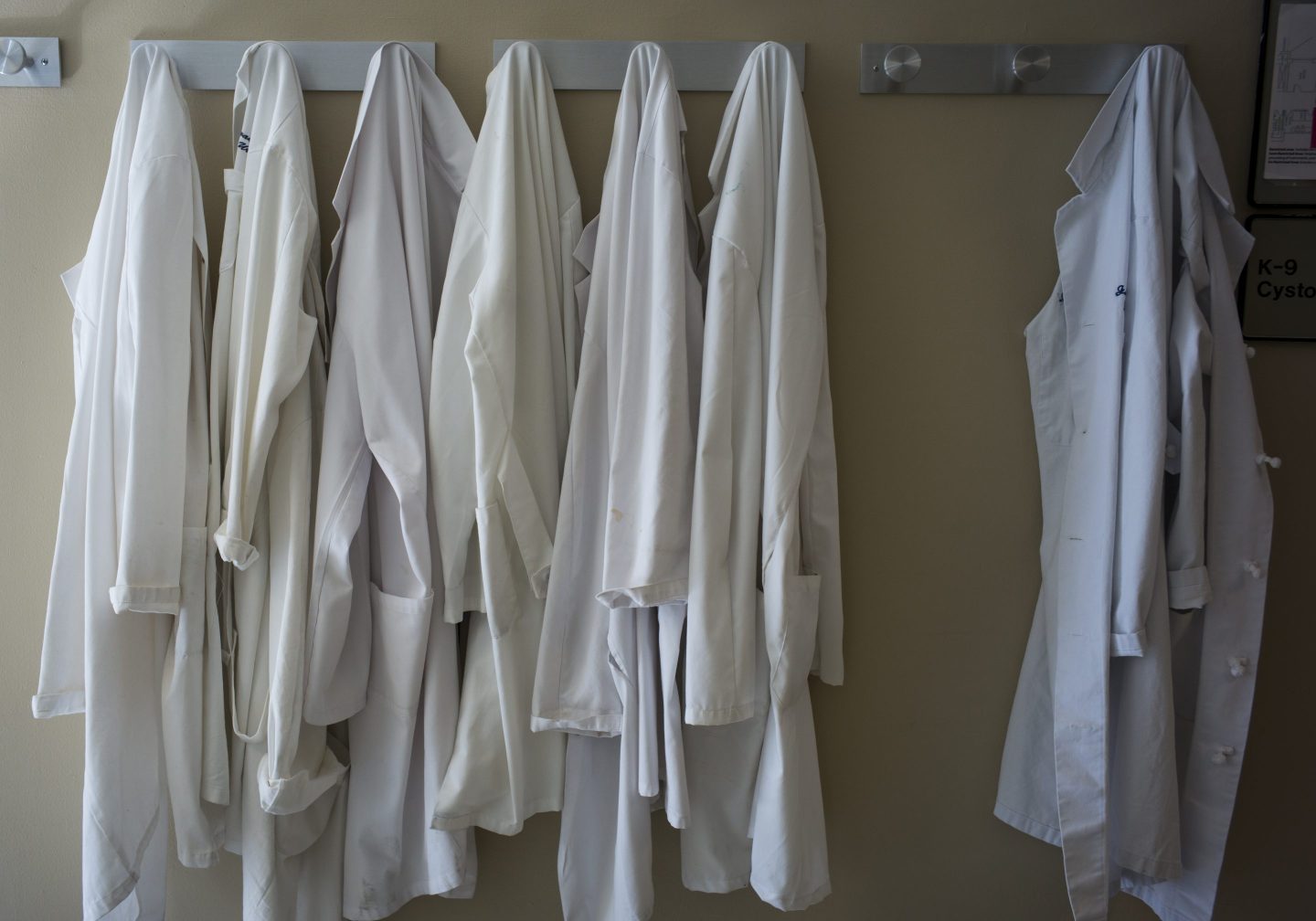With the emergence of new COVID-19 variants, a fourth wave of the pandemic is upon us. Our health care system is hardly prepared for another surge.
The reason? An exodus of doctors. The overwhelming demands placed on physicians during the pandemic’s initial waves have only compounded the emotional and psychological costs of practicing medicine. Doctors are exhausted and increasingly leaving conventional practice.
I am one of them. I left my position as a hospital physician in October 2021, after four years on the job. Without fundamental changes to the medical profession and medical education, our country could find itself facing a shortage of doctors that lasts far beyond COVID-19.
No physician could have been prepared for the early stages of the pandemic. Nonetheless, the biggest challenge I faced while working in New York in the winter and spring of 2020 did not involve medicine. It had to do with the mental strain my colleagues and I endured every day.
The problem I am describing is often characterized as “burnout.” However, burnout is just the last stage of a larger process psychologists call moral injury. The term describes the painful, lasting consequences of taking part in events that violate our deepest moral commitments.
Such events were a routine part of my job, even before COVID-19. Like many physicians, I frequently found myself treating patients who needed more help than I was equipped, or at least permitted, to provide. Many of my patients had housing and food insecurities and needed financial support to offset the cost of care.
I ultimately had to become a surrogate social worker and financial adviser, all while managing my patients’ ailments.
I felt, at times, more like a factory worker than a doctor. I had little autonomy, forever taking orders from administrators, insurers, and countless other middlemen. If anything went wrong, though, I was the one who would be held responsible.
These problems only worsened during the pandemic. I reached my breaking point during the pandemic’s second wave. I was treating a man with COVID-19 who would soon require intubation. I knew his odds of surviving were slim. The choice of whether to intubate was left to his son, who was in his early twenties and visibly unprepared to make such a life-altering decision.
After I explained his father’s situation, he said something that shook me to the core. He told me his Muslim faith instructs him to believe first in God and second in the doctor. He asked me to do everything I could to save his father’s life. I tried—but could not.
Medicine is often characterized as a calling. I still love medicine. I love caring for patients. However, my medical education and training did not equip me for the mental and emotional strain medicine imposes on its practitioners today.
My story is not unique. Since the beginning of the pandemic, roughly three in 10 health care workers say they have considered leaving the profession. Many physicians who closed their practices during the height of the crisis have not returned.
We cannot solve this problem overnight, but we have to start somewhere: reforming the medical culture by redesigning medical curricula and training.
To this day, I do not recall applying concepts learned in organic chemistry to my clinical practice. I am certain that formal instruction on the intersection between health care and economics, business, sociology, and psychology would help doctors address the overwhelming issues we face.
I never learned how to negotiate the value of my services as a physician, or how implementing concepts of economics could potentially mitigate the astronomical costs of patients’ care. I wish I had.
Physicians must also be better trained to handle the moral injury we encounter every day. Time away from the job is essential to processing the trauma doctors experience at work. Unfortunately, right now, even taking a sick day—much less a vacation—is a complicated process. Doctors routinely have to find their own replacements to take time off.
That process needs to be streamlined. Taking time off should be mandatory for practicing physicians.
If we are to combat this pandemic and those to come, we need to reform the medical profession so that moral injury is no longer routine and physicians can perform their duties without sacrificing their own well-being.
Nathalie Dougé, MD, is a former hospitalist at Long Island Jewish Medical Center in New Hyde Park, N.Y. She is featured in the National Geographic documentary The First Wave, streaming now on Hulu. To show support for frontline health care workers in your community, visit: https://participant.com/thefirstwave.
More must-read commentary published by Coins2Day:
- Prosperity will be “made in America” as supply chains buckle
- Can a community of basketball fanatics run an NBA team as a DAO?
- GM’s Impala ad is a viral hit—and it could become a patriotic Christmas classic
- “Seed funding”: How more billionaires can help end world hunger
- General Electric has tried everything, except investing in American workers
Never miss a story: Follow your favorite topics and authors to get a personalized email with the journalism that matters most to you.












